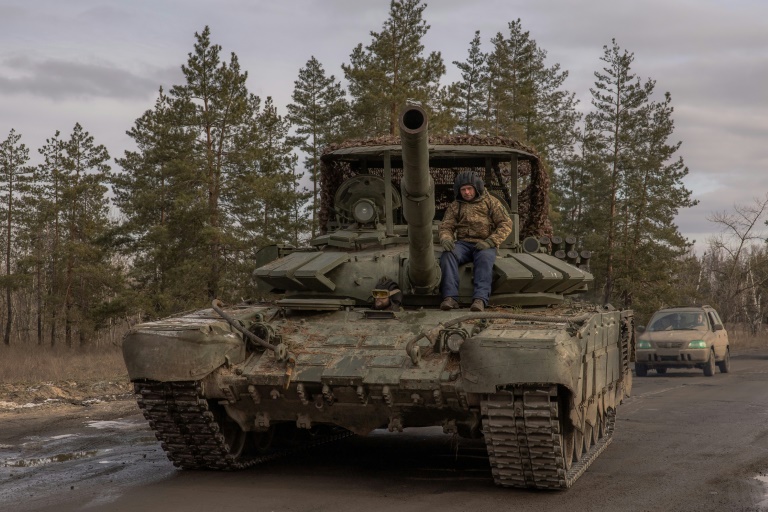Ahead of the second anniversary of Russia’s invasion of Ukraine, the Ukrainian army is increasingly on the defensive against more numerous and better armed Russian forces, but hoping that a recent military leadership change can make a difference.
After last year’s failed counter-offensive, President Volodymyr Zelensky last week named Oleksandr Syrsky as the new military commander-in-chief with the task of setting out a “realistic and detailed action plan” for re-capturing more territory held by Russian troops.
“The year 2024 can be successful for Ukraine only if we make effective changes in the basis of our defence, which is the Armed Forces of Ukraine,” Zelensky said, calling for “a different approach”.
In the rain and snow along a sprawling front line, many Ukrainian soldiers are experiencing a second winter at war and their morale has taken a hit.
“The guys are very tired. Morally, physically, they can’t take it anymore. Because after two years we still cannot see the end of the tunnel,” said one soldier at a position near Kupiansk, an area where Russian troops have been on the offensive for months.
At the end of 2022, Ukrainian morale was riding high because of the successful offensives in Kharkiv in the northeast and Kherson in the south that retook land Russia had seized after the February start of the war.
But 2023 saw a series of disappointments for Ukraine.
The city of Bakhmut fell in May after months of conflict and a summer counter-offensive only managed to take back a few villages at the cost of many lives despite massive Western assistance.
Ukrainian units crashed against solid Russian defence and it is now Moscow’s troops on the attack, particularly around Avdiivka.
This industrial city on the eastern front has become a new symbol for Ukrainian resistance.
Massively destroyed, it still has around 900 residents compared to 30,000 before the war.
But the Russian noose is slowly tightening and a Ukrainian retreat cannot be excluded.
Avdiivka’s mayor Vitaly Barabash has called the situation “critical” in recent days and said there is now house-to-house fighting in the city.
Russia has been sending “waves” of men and the surrounding fields are “littered with corpses”, according to soldiers defending the city.
The only good news for Kyiv in recent months has come from the Black Sea, where it has succeeded in pushing back Russian naval forces and carving out a vital maritime corridor for cereal exports.
The exact scale of Ukraine’s military losses is a secret, but Washington reportedly estimates that 70,000 have been killed and 120,000 more injured.
Losses are also heavy on the Russian side, but Moscow appears to be able to fill its ranks with a mix of patriotic propaganda, coercion and financial incentives — on top of having a bigger population.
Ukraine’s army is struggling with recruitment and more and more soldiers are asking to return home.
A debate on mobilisation is raging and the government has been forced to revise a draft law intended to make it harder to avoid it.
“Our units are missing personnel. We need young people, under-40s. And the most important thing is that they should be motivated,” a battalion commander told AFP near Bakhmut in December.
In terms of arms, the situation is uncertain because of friction in the United States over continuing aid against the backdrop of presidential elections.
Europe has unblocked its latest aid package of 50 billion euros ($55 billion) — not without difficulty — but is way behind on pledges of ammunition delivery.
Without assistance and with its own defence industry badly depleted, Ukraine will not be able to confront Russia, which has mobilised its economy for war.
Kyiv is counting this year on deliveries of F-16 fighter jets which it has been requesting for months.
These should make up for a lack of artillery in stopping Russian assaults and supporting offensives.
Ukraine is also multiplying production of drones — a weapon that has become indispensable in this war.
At the same time, Kyiv is asking for more Western supplies to bolster its air defences against almost daily barrages of Russian missiles and drones.
“In 2024, the priority will be chasing Russia from the skies,” Foreign Minister Dmytro Kuleba has said.
“He who controls the skies will determine when and how the war will end.”
AFP
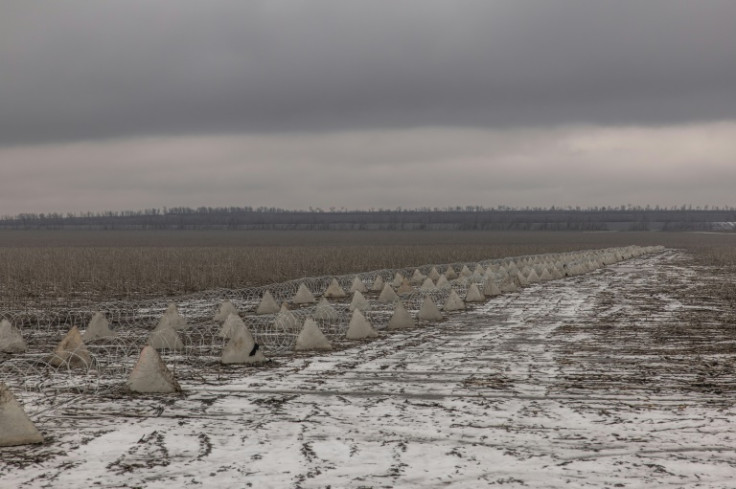
AFP
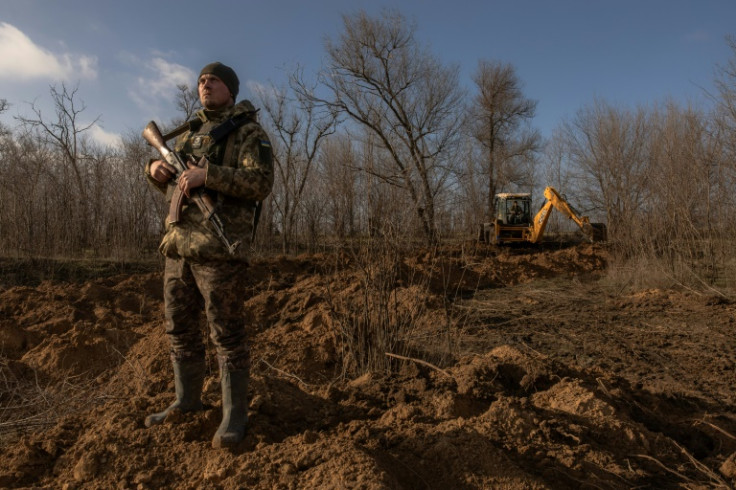
AFP
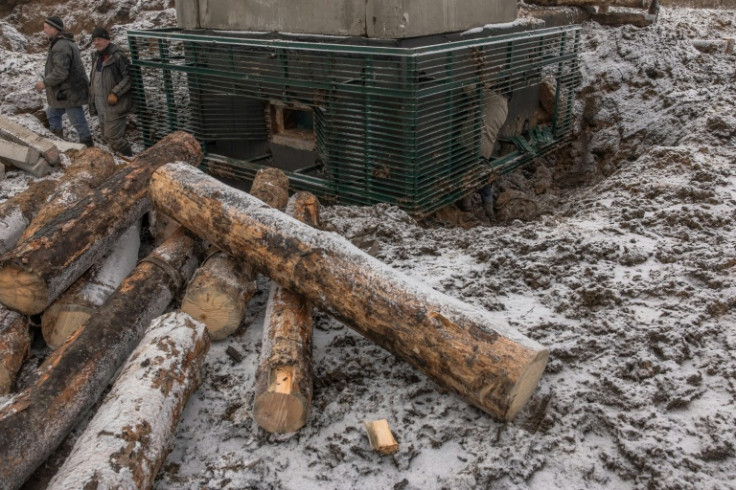
AFP

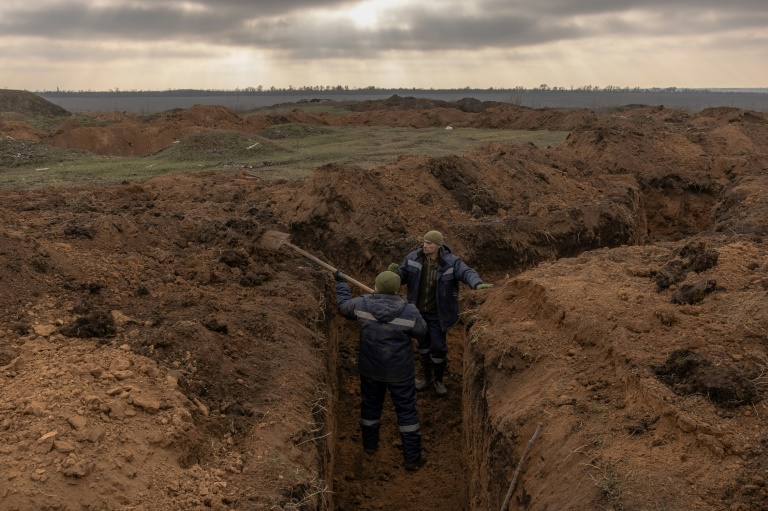

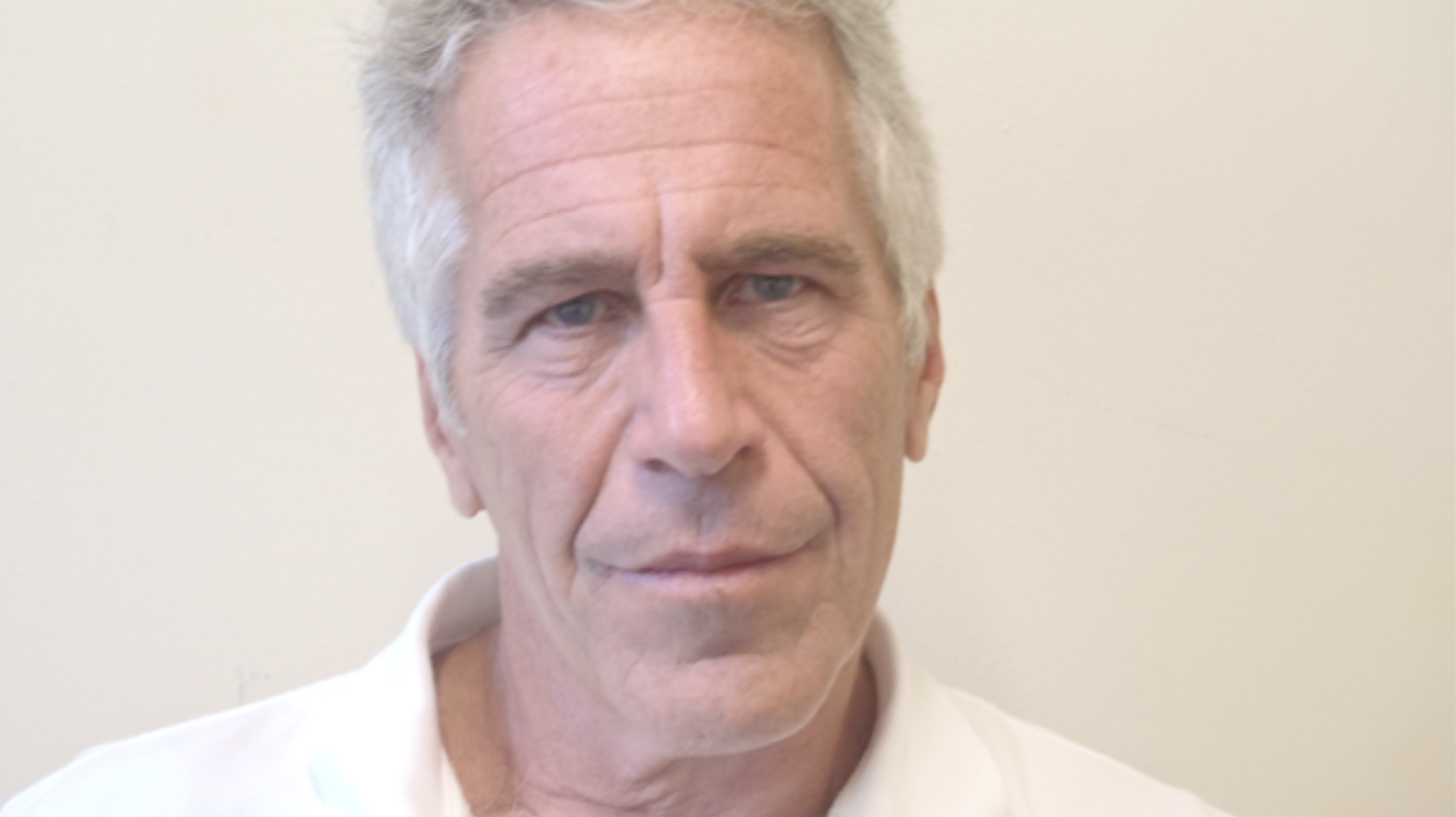


![Super Bowl 2024: Usher Almost Trips and Falls Over in Roller Skates on Stage as Major Technical Malfunction Leaves Fans Furious [WATCH] Super Bowl 2024: Usher Almost Trips and Falls Over in Roller Skates on Stage as Major Technical Malfunction Leaves Fans Furious [WATCH]](https://data.ibtimes.sg/en/full/72842/usher-almost-falls.jpg)
